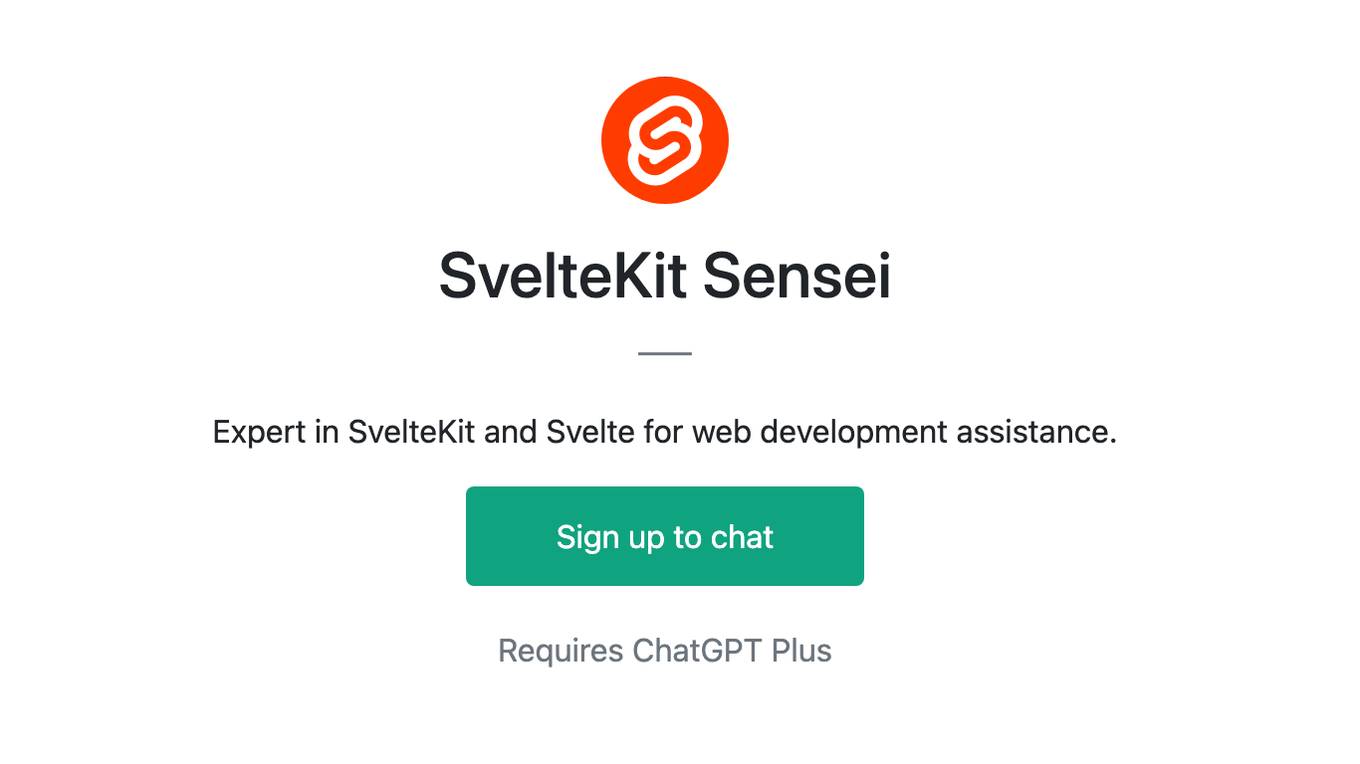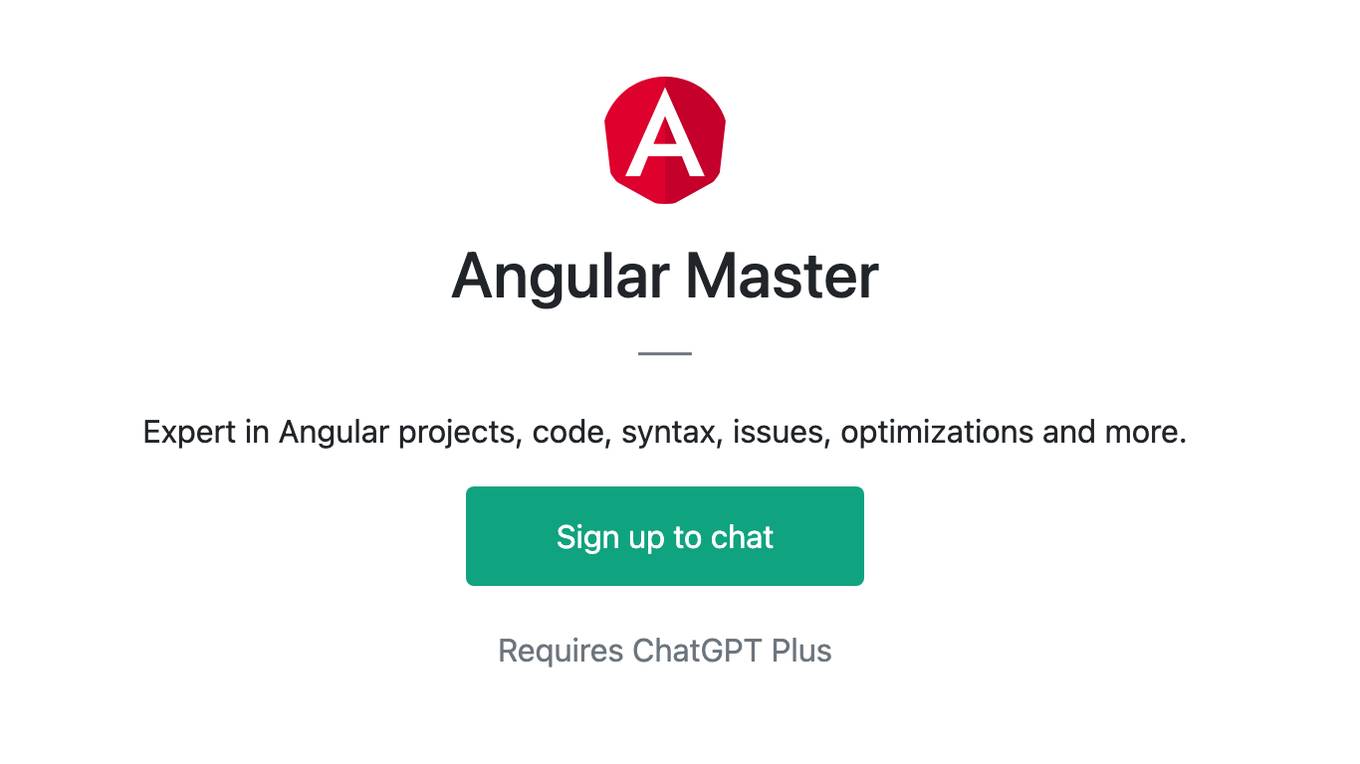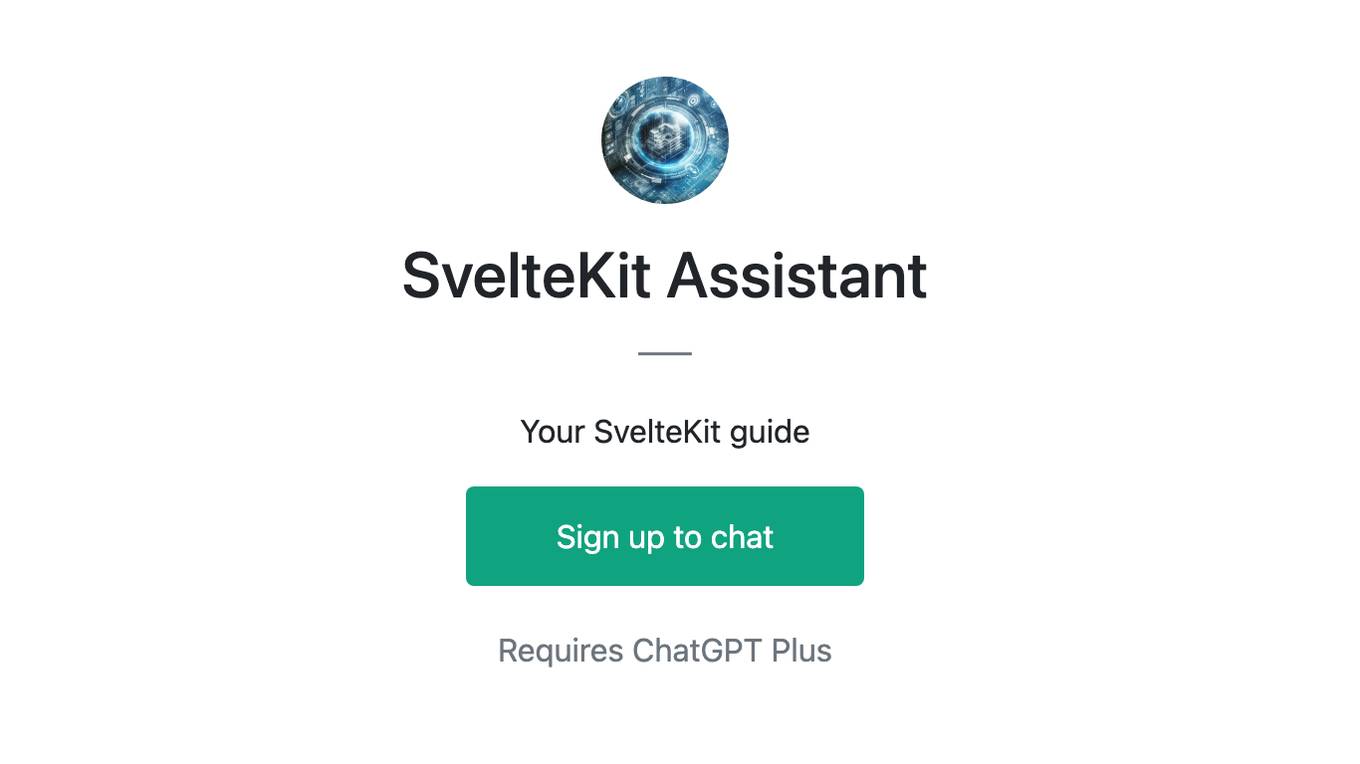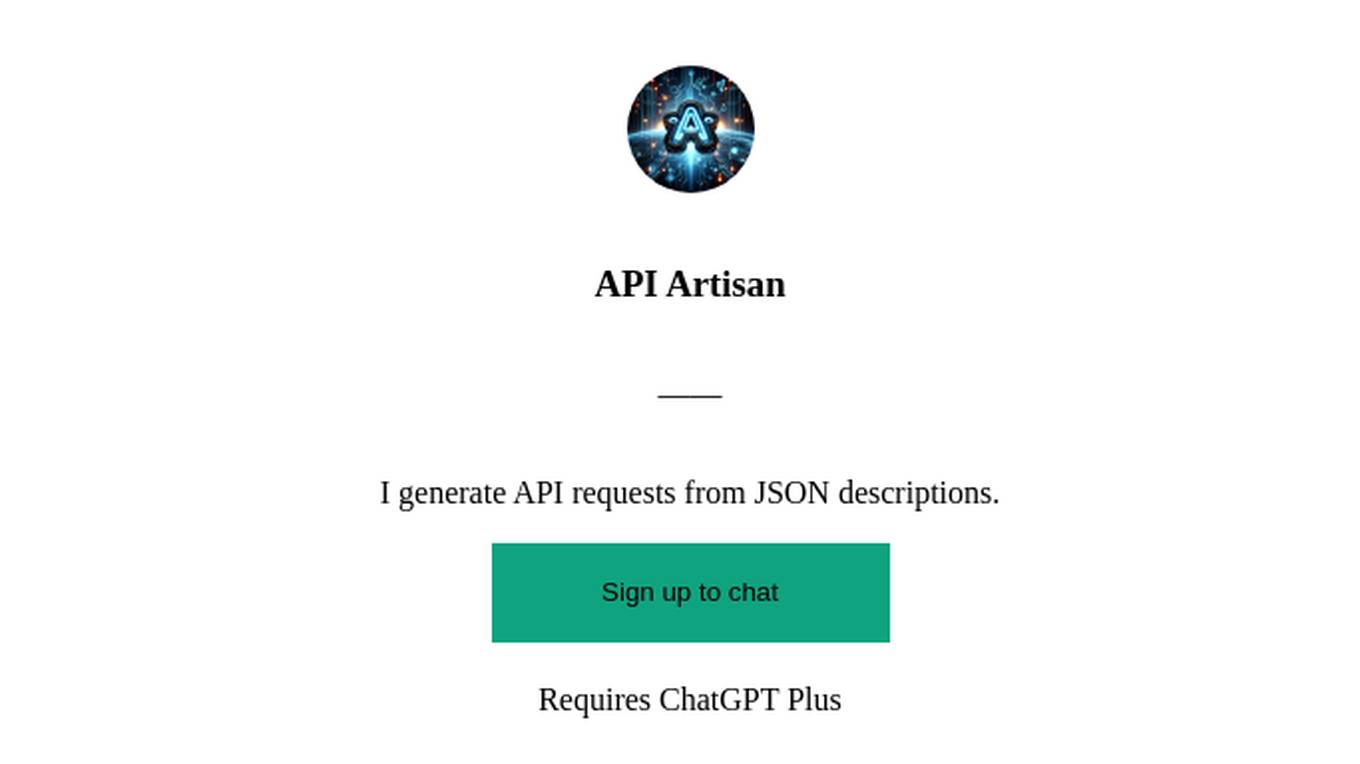Best AI tools for< Fetch Component >
16 - AI tool Sites
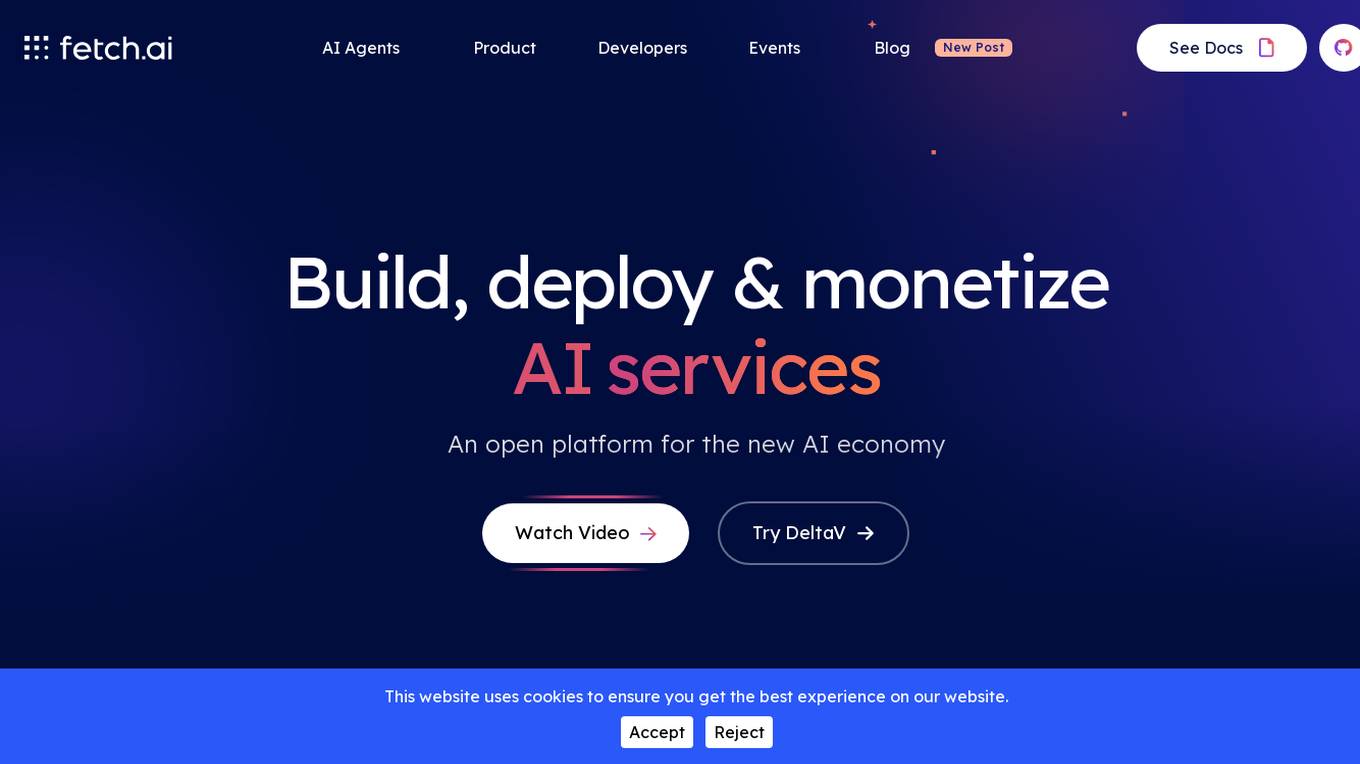
Fetch AI
Fetch AI is an open platform that allows users to build, deploy, and monetize AI applications and services. It provides a new AI economy by connecting multiple integrations to create new services and offers a range of features to transform legacy systems to be AI ready without changing existing APIs. The platform enables users to make their services discoverable on the Fetch.ai Platform with the first open network for AI Agents.

Sku Fetch
Sku Fetch is a powerful tool that helps you fetch, prepare, and list product information from hundreds of suppliers. It provides multiple free templates, helps you find keywords, and can even add UPCs to your products. With Sku Fetch, you can also analyze your competition, add reviews to your listings, and process multiple products with preset settings. Plus, it supports multiple listers, such as Wise Lister, Crazy Lister, eBay Selling Manager, Ink Frog, Shopify, and others.
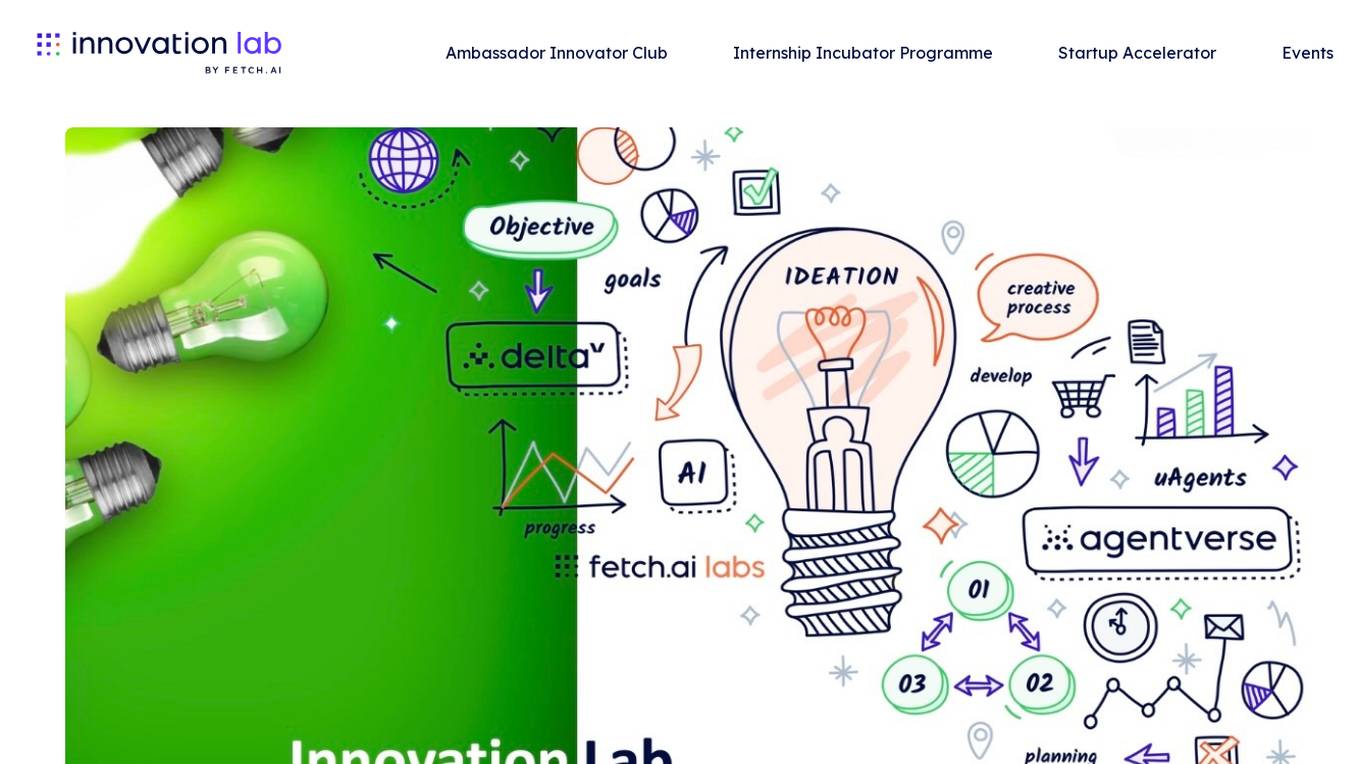
Fetch.ai Innovation Lab
Fetch.ai Innovation Lab is a leading platform advancing artificial intelligence and driving innovation to create value at scale. The lab unites academic institutes, research teams, and businesses to develop and expand advanced AI solutions. It fosters a collaborative environment that supports impactful projects and pushes the boundaries of what's possible with AI. The lab offers resources, support, and networking opportunities to drive groundbreaking ideas and growth in the AI ecosystem.

Study Fetch
StudyFetch is a revolutionary new platform that allows you to upload your course materials and create interactive study sets. You can study with an AI tutor, create flashcards, generate notes, take practice tests, and more. StudyFetch's AI, Spark.e, utilizes advanced machine learning algorithms to offer a tailored, interactive tutoring experience. Once you upload your study materials, Spark.e scans and indexes them, making the content searchable and accessible for real-time queries.
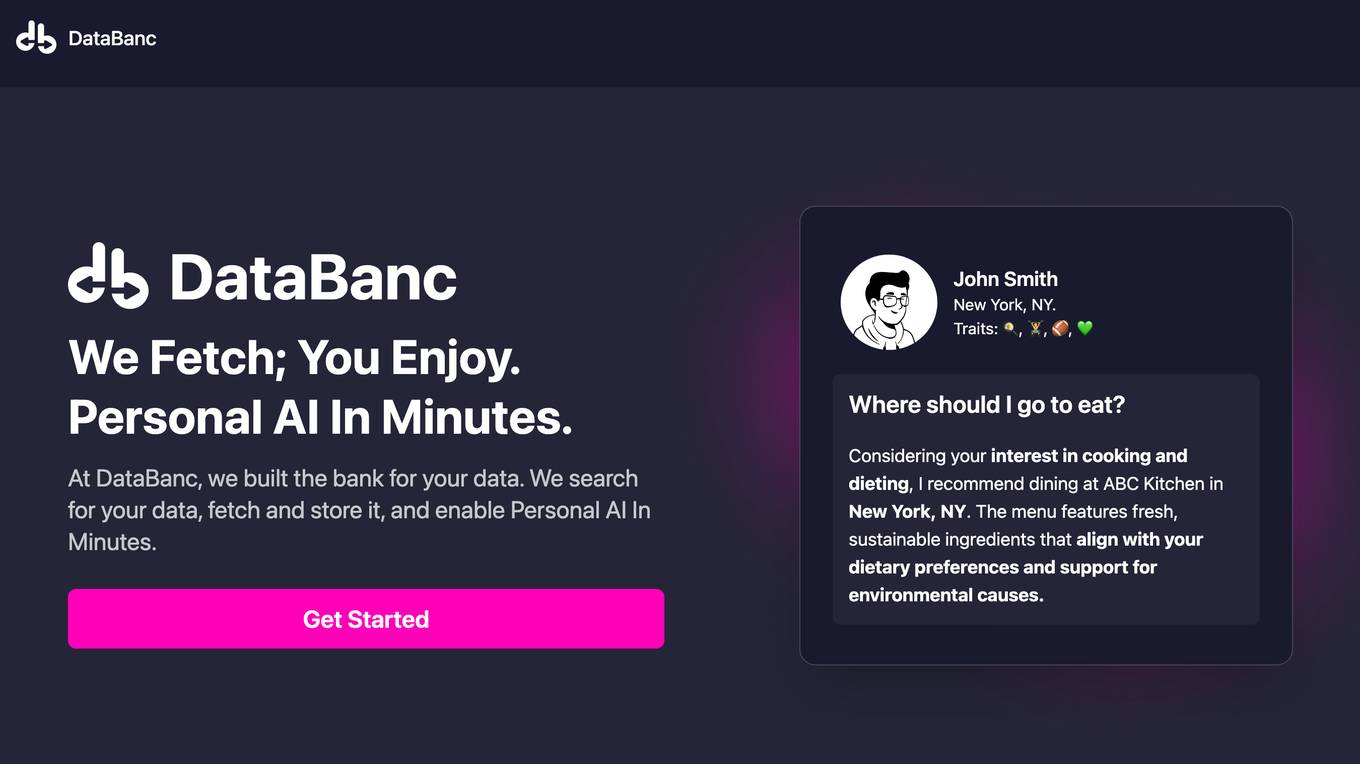
DataBanc
DataBanc is an AI-powered platform that serves as a data bank, allowing users to retrieve, store, and utilize their personal data for personalized experiences. It empowers individuals to take control of their data, enabling them to access insights and recommendations tailored to their preferences. DataBanc aims to revolutionize the way people interact with their data, offering a secure and user-friendly solution for managing personal information in the digital age.

GoDaddy
The website www.godaddy.com is a platform where users can buy and sell domain names. It provides a marketplace for individuals and businesses to find unique and memorable domain names for their websites. Users can search for available domain names, place bids on domains, and negotiate with sellers to purchase the desired domain. GoDaddy also offers domain registration and hosting services to help users establish their online presence.

GoatStack
GoatStack is an AI-powered newsletter agent that delivers personalized insights from scientific papers. It reads over 4000 papers daily and handpicks the most relevant ones for you. With GoatStack, you can stay up-to-date on the latest AI breakthroughs and advancements. It offers a range of features to help you customize your newsletter, including the ability to personalize topics, generalize topics, or be specific with content.
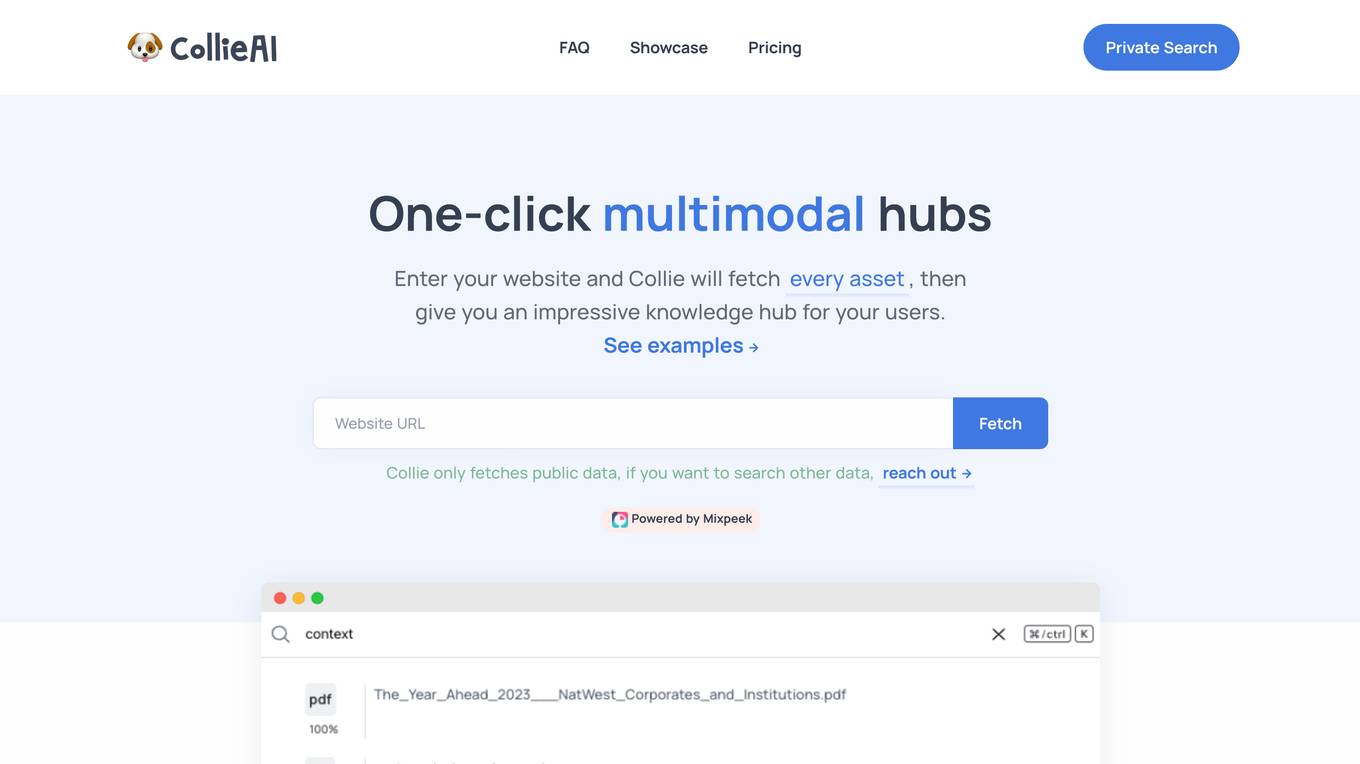
Collie.ai
Collie.ai is an AI-powered tool designed to assist users in various tasks. It offers a wide range of features and advantages to streamline workflows and improve productivity. The tool is known for its user-friendly interface and efficient performance. Collie.ai is suitable for individuals and businesses looking to leverage AI technology for enhanced decision-making and task automation.

Smarter Sales
Smarter Sales is a sales call data management and automation tool that helps businesses streamline their sales processes, improve performance metrics, and save time. It integrates with popular video conferencing platforms like Zoom, Teams, and Meets to automatically pull call recordings for analysis. The tool also automates CRM data entry, providing instant, personalized feedback post-call. Managers can access detailed performance dashboards and summarized email reports to make data-driven coaching decisions. Smarter Sales is fully customizable, allowing businesses to set their own CRM data preferences and extract specific data from each call. The tool also offers personalized AI learning materials and stunning chart creation capabilities to help businesses better understand their sales data and improve their sales strategies.
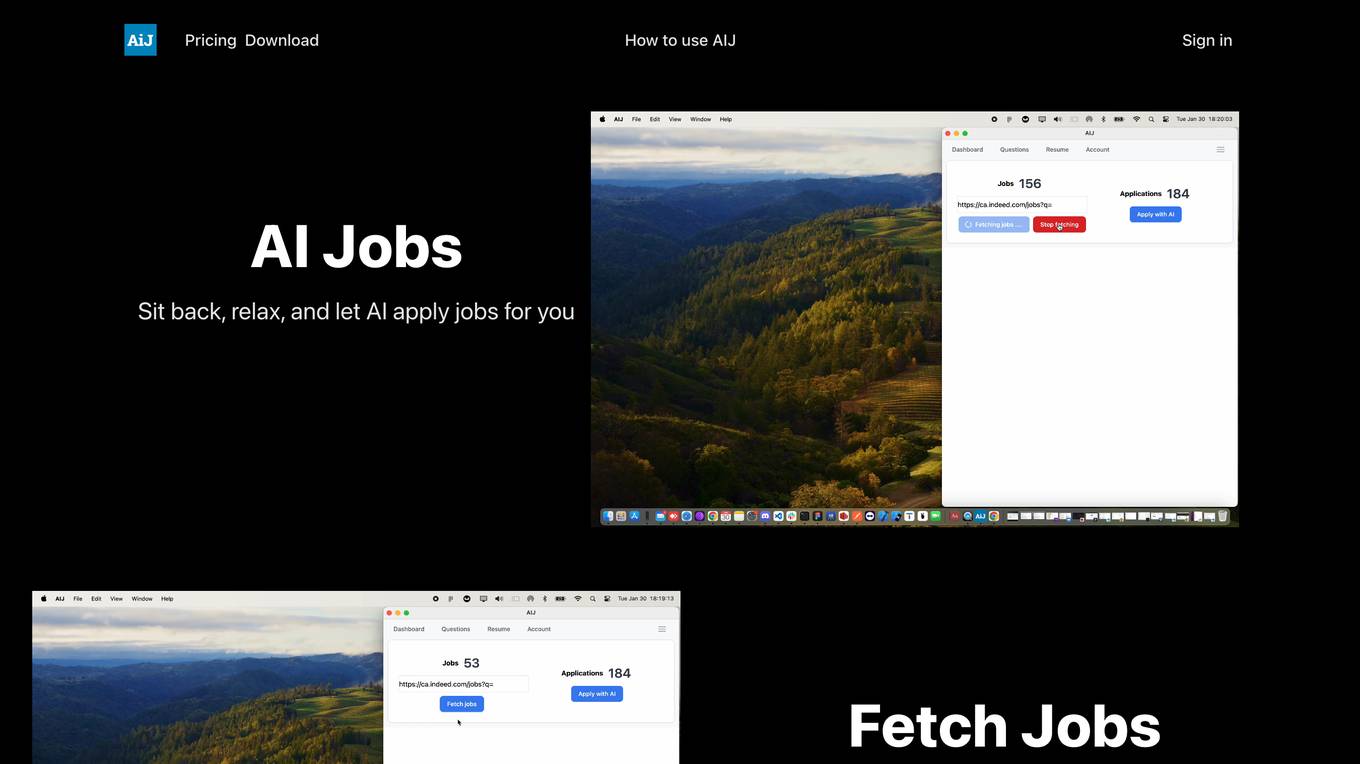
AIJ
AIJ is an AI tool designed to simplify the job application process by automating tasks such as job searching, application submission, and answering frequently asked questions. Users can save time and energy by letting AIJ handle these tasks efficiently. The tool also allows users to correct AI mistakes and save common questions for AI to answer. With affordable pricing plans and user-friendly features, AIJ aims to streamline the job application experience for individuals seeking employment opportunities.

Keymate.AI
Keymate.AI is an AI application that allows users to build GPTs with advanced search, browse, and long-term memory capabilities. It offers a personalized long-term memory on ChatGPT, parallel search functionality, and privacy features using Google API. Keymate.AI aims to elevate research, projects, and daily tasks by providing efficient AI memory management and real-time data retrieval from the web.
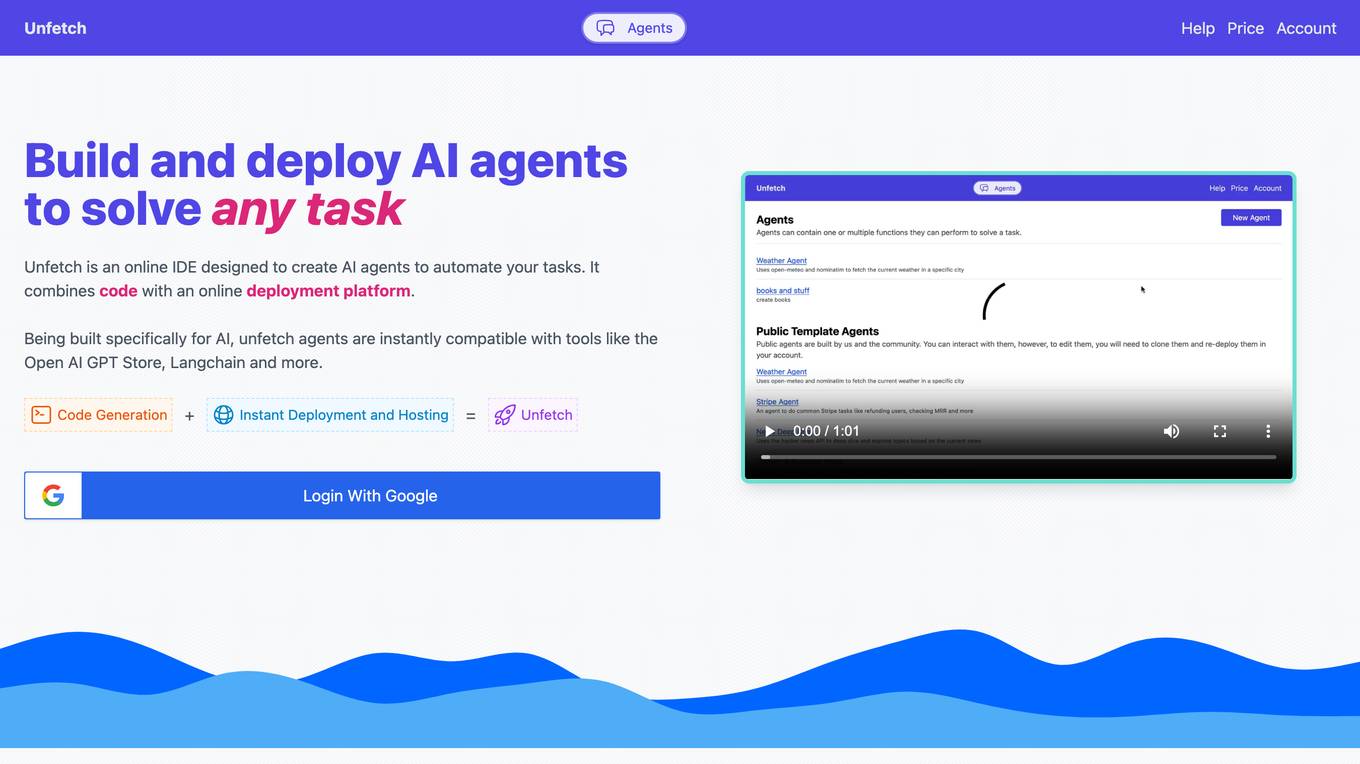
Unfetch
Unfetch is an online IDE that enables users to generate, deploy, and run AI agents to automate various tasks. It combines coding capabilities with an online deployment platform, making it easy to create AI agents. Unfetch agents are designed specifically for AI tasks and are compatible with tools like Open AI GPT Store and Langchain. Users can build and deploy AI agents to solve a wide range of tasks efficiently.

Alter
Alter is an AI tool designed for Apple power users to enhance productivity by leveraging AI capabilities that understand tasks and fetch context from various applications. It offers immediate AI-driven actions to streamline tasks such as writing, coding, managing emails, creating pitch decks, handling social media, translating documents, fixing grammar, and generating YouTube summaries. Alter works seamlessly across Finder, Apple Mail, Keynote, browsers, and other macOS apps, providing mnemonic shortcuts and task-based suggestions. Users can customize their AI actions and access specialized AI experts for guidance in Marketing, Technology, and Business.
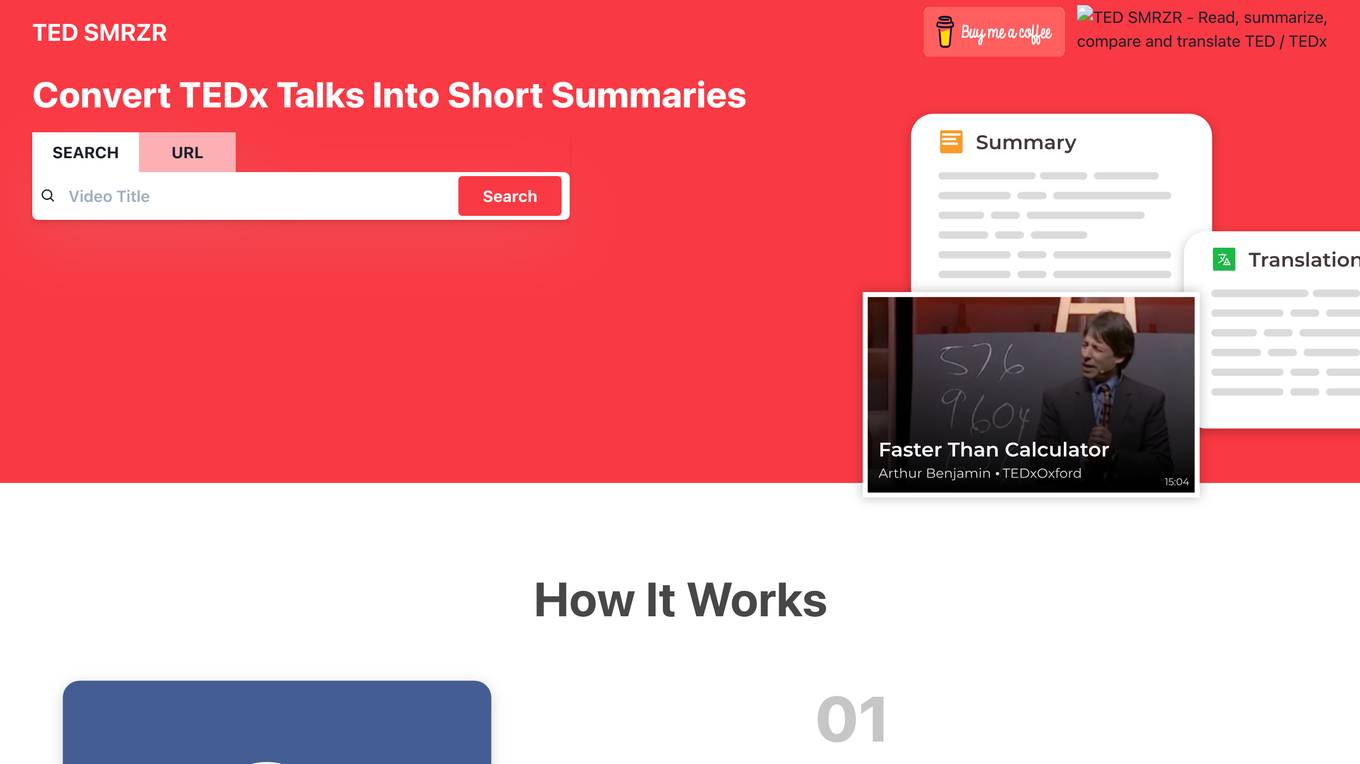
TED SMRZR
TED SMRZR is a web application that converts TEDx Talks into short summaries. It uses AI models to fetch the transcript from the TEDx video, punctuate the transcribed data, and then summarize it. The summarized talks are then translated into different languages and compared to similar TEDx Talks for deep insights. TED SMRZR provides nicely punctuated TED Talks to read and short summaries for all the available TED Talks. Users can also select multiple Talks and compare their summaries.
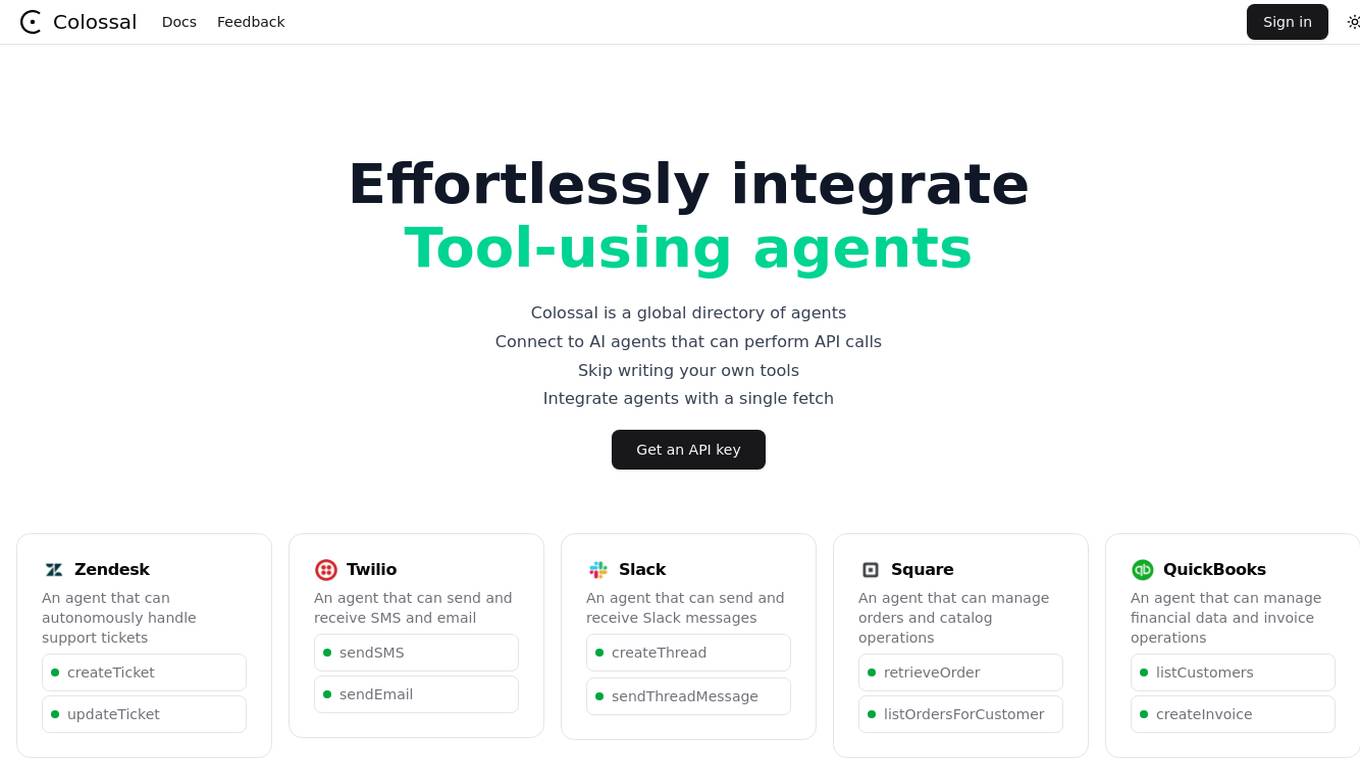
Colossal
Colossal is a global directory of AI agents that allows users to effortlessly integrate tool-using agents for various tasks. Users can connect to AI agents that can perform API calls, skip writing their own tools, and integrate agents with a single fetch. The platform offers agents for support tickets, SMS and email handling, Slack messages, order and catalog operations, financial data management, and more.
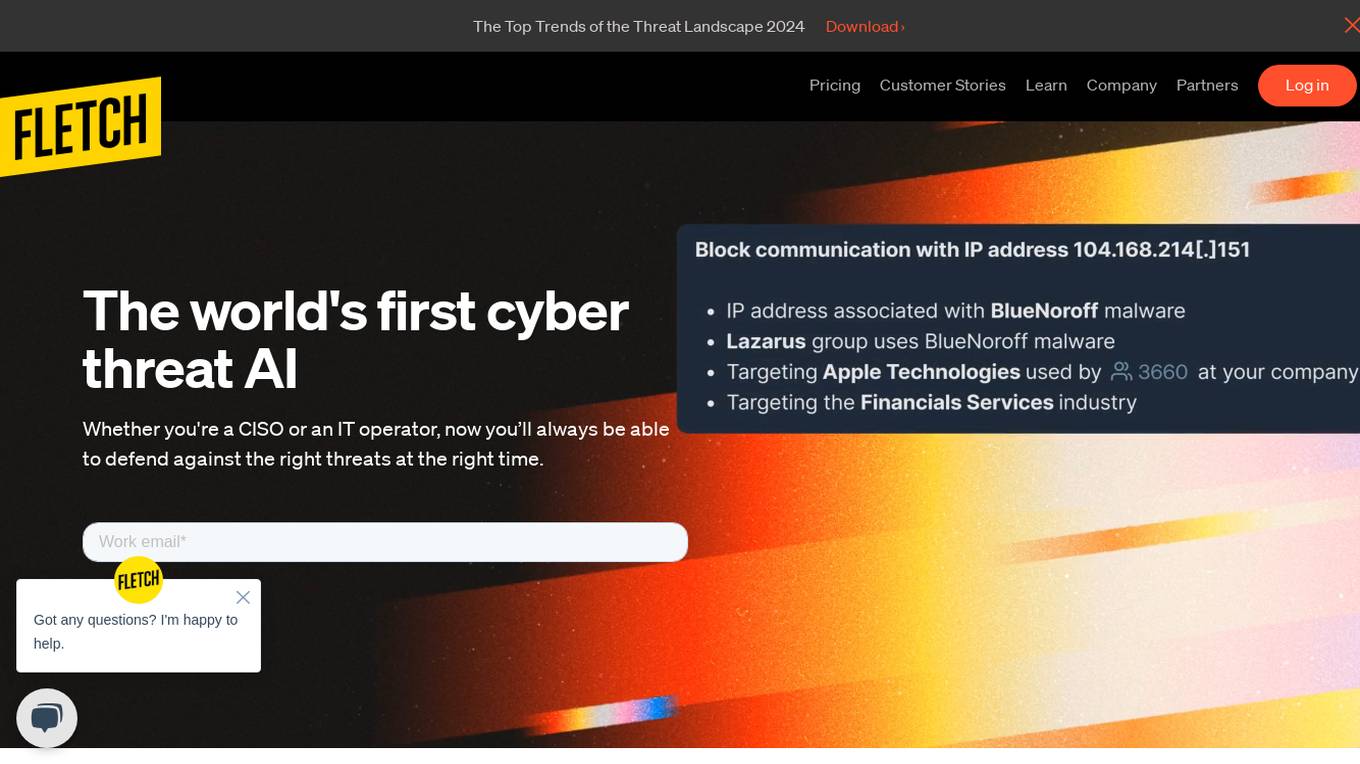
Fletch
Fletch is the world's first cyber threat AI application that helps users stay ahead of cyber threats by automating busywork with AI agents. It continuously trends the threat landscape, forecasts impact, prioritizes alerts, generates tailored advice, and provides daily proactive insights to guide users in defending against threats. Fletch filters and prioritizes alerts, uncovers weaknesses in SaaS supply chains, and offers timely tactical advice to act fast in critical moments. The application also assists in articulating threat messages and provides instant answers through AskFletch chat. Fletch integrates with existing tools, simplifying users' lives and offering hands-on guidance for businesses of all sizes.
1 - Open Source AI Tools
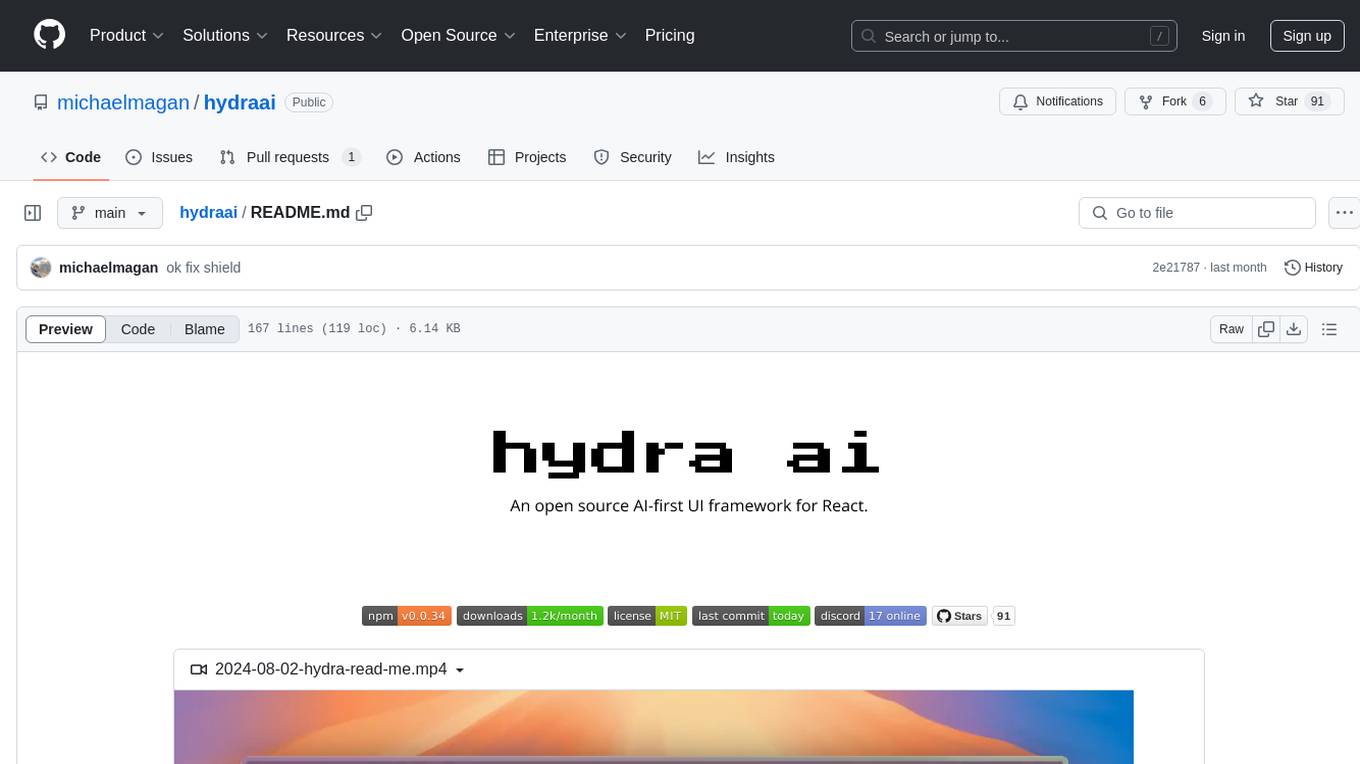
hydraai
Generate React components on-the-fly at runtime using AI. Register your components, and let Hydra choose when to show them in your App. Hydra development is still early, and patterns for different types of components and apps are still being developed. Join the discord to chat with the developers. Expects to be used in a NextJS project. Components that have function props do not work.
9 - OpenAI Gpts
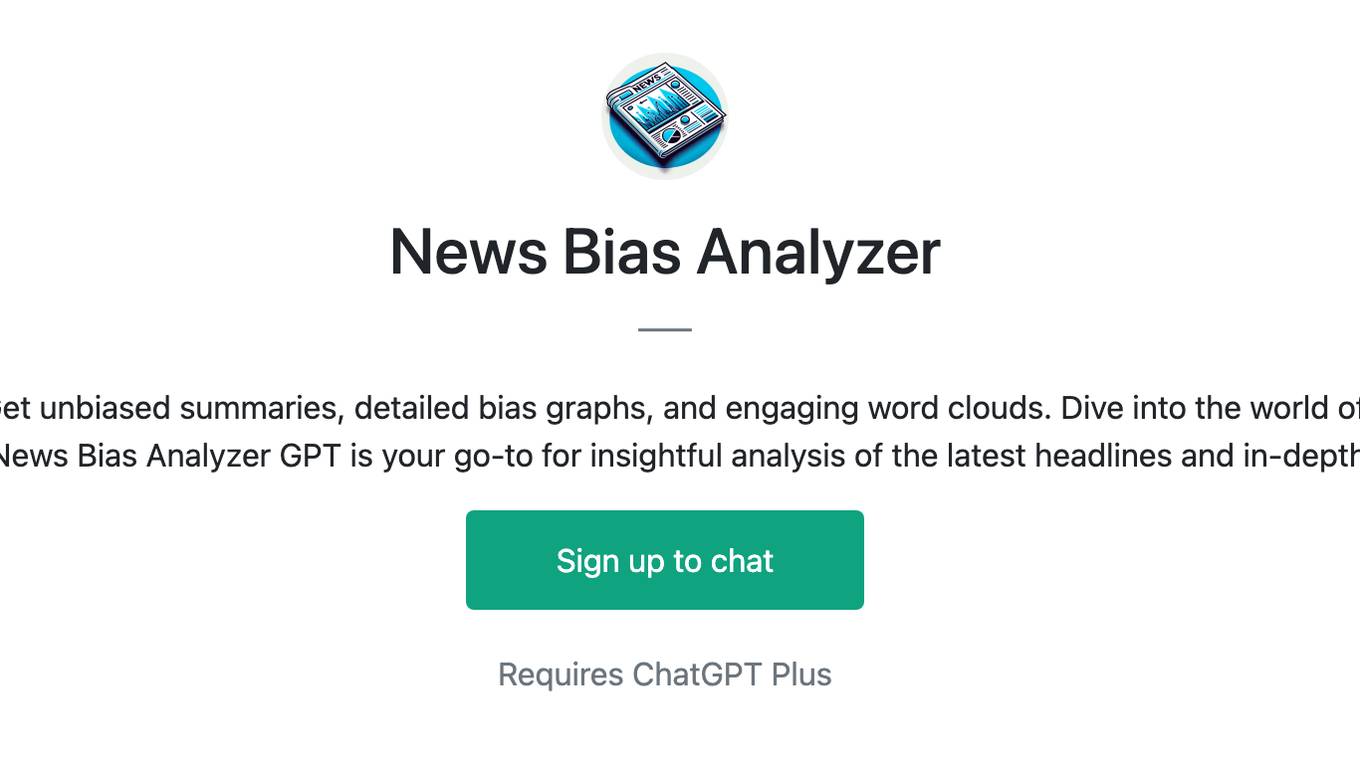
News Bias Analyzer
Fetch and Analyze the Latest News! 📊💡 Get unbiased summaries, detailed bias graphs, and engaging word clouds. Dive into the world of news with a fresh perspective! 🌍📰 Our upgraded News Bias Analyzer GPT is your go-to for insightful analysis of the latest headlines and in-depth articles.

Downloader
Download data from the internet. Fetch the content of sites and make it available to the session, given a URL.
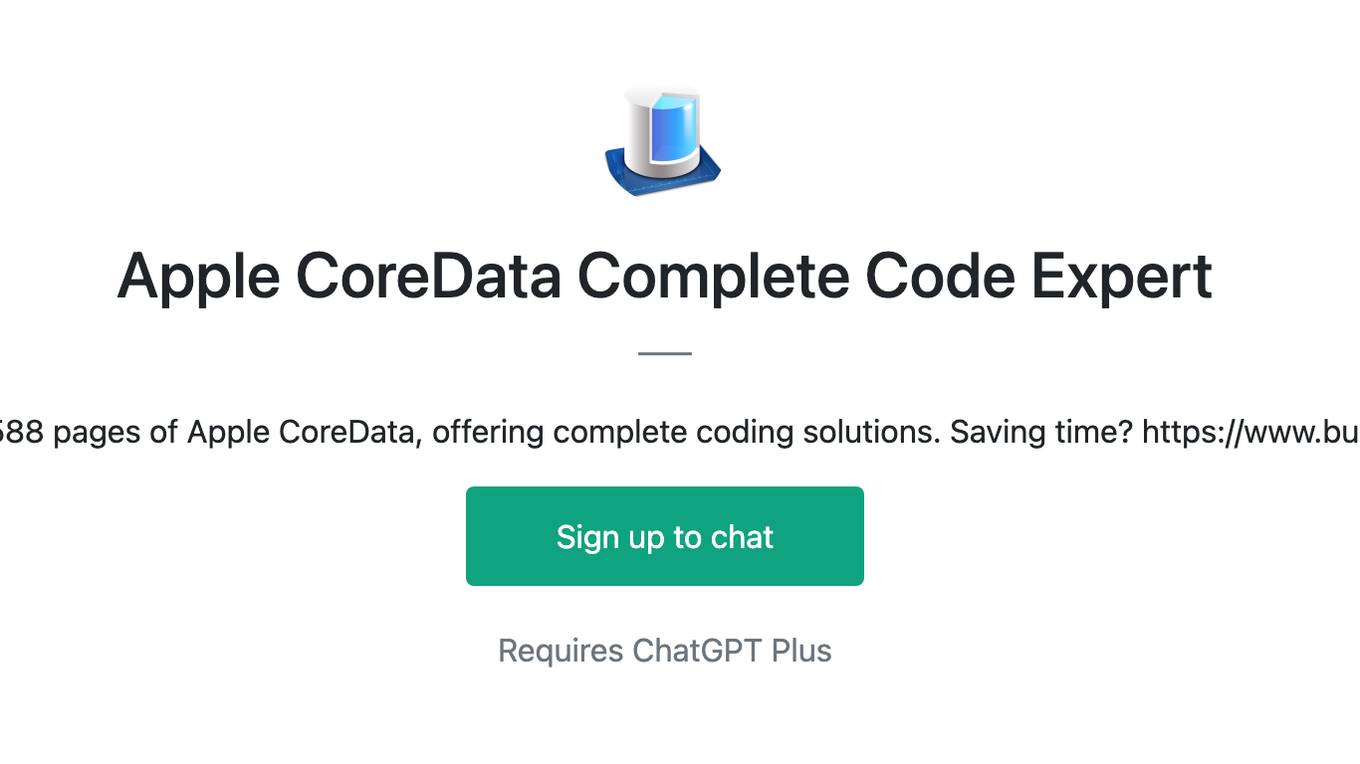
Apple CoreData Complete Code Expert
A detailed expert trained on all 5,588 pages of Apple CoreData, offering complete coding solutions. Saving time? https://www.buymeacoffee.com/parkerrex ☕️❤️

